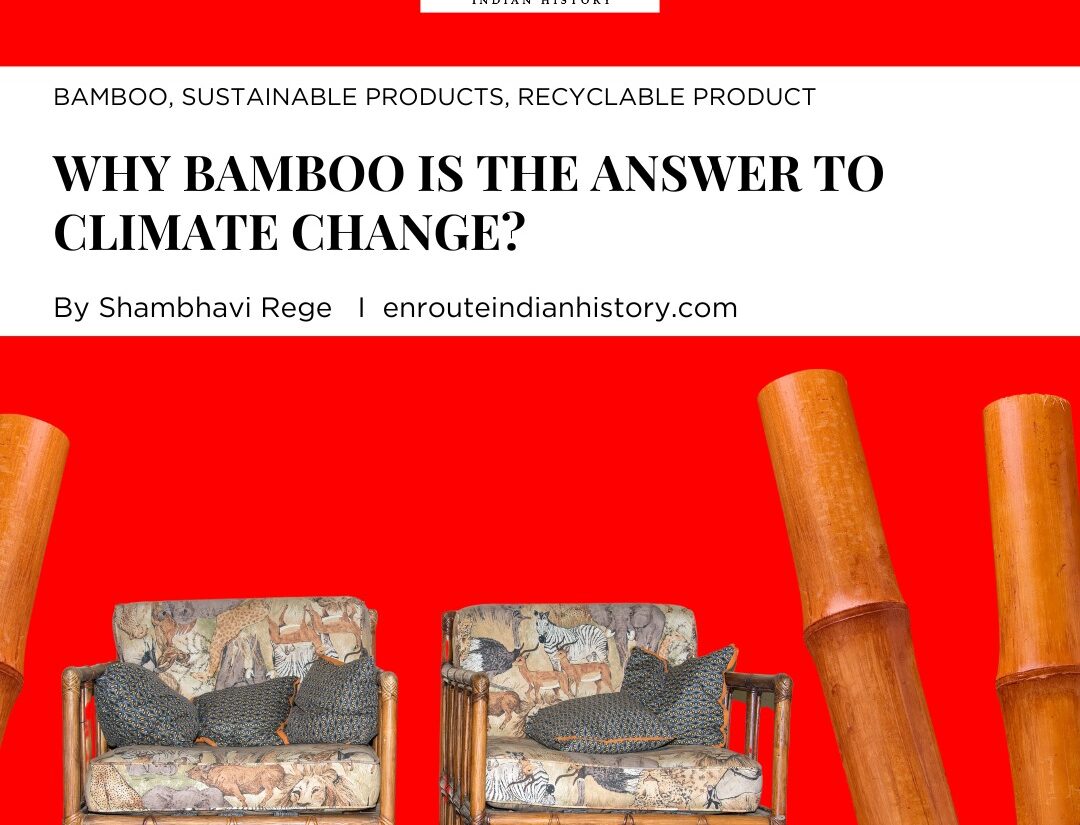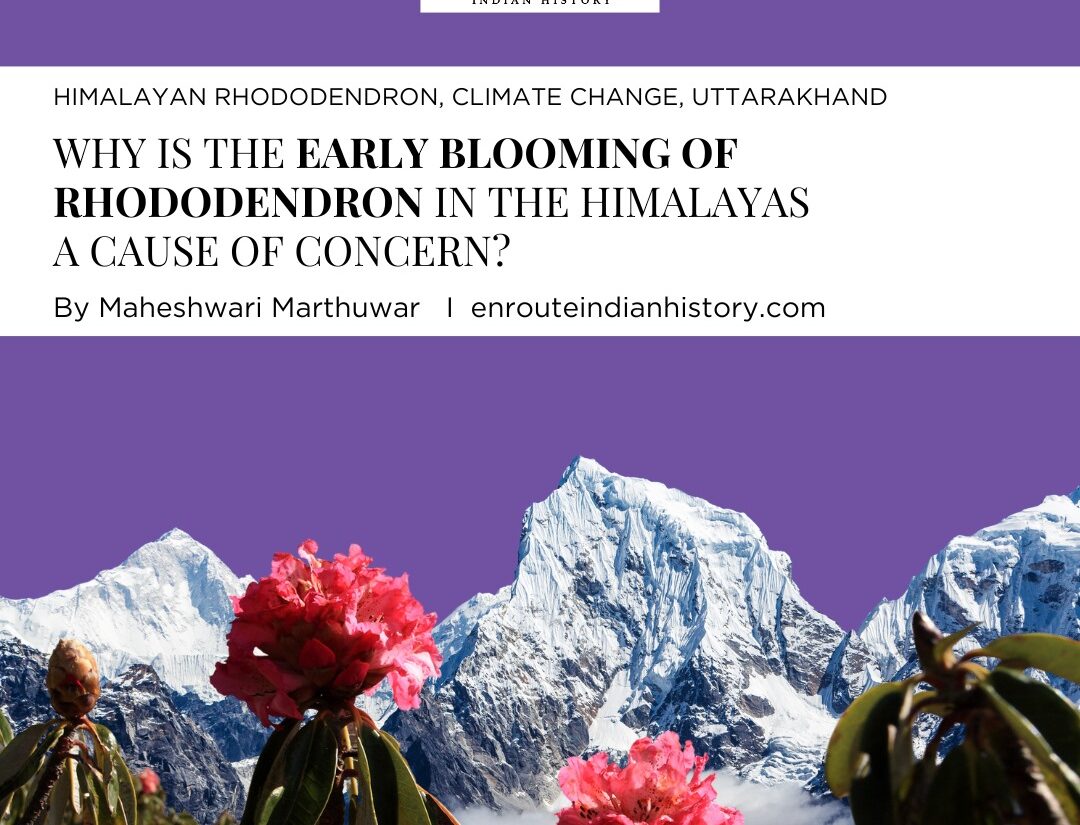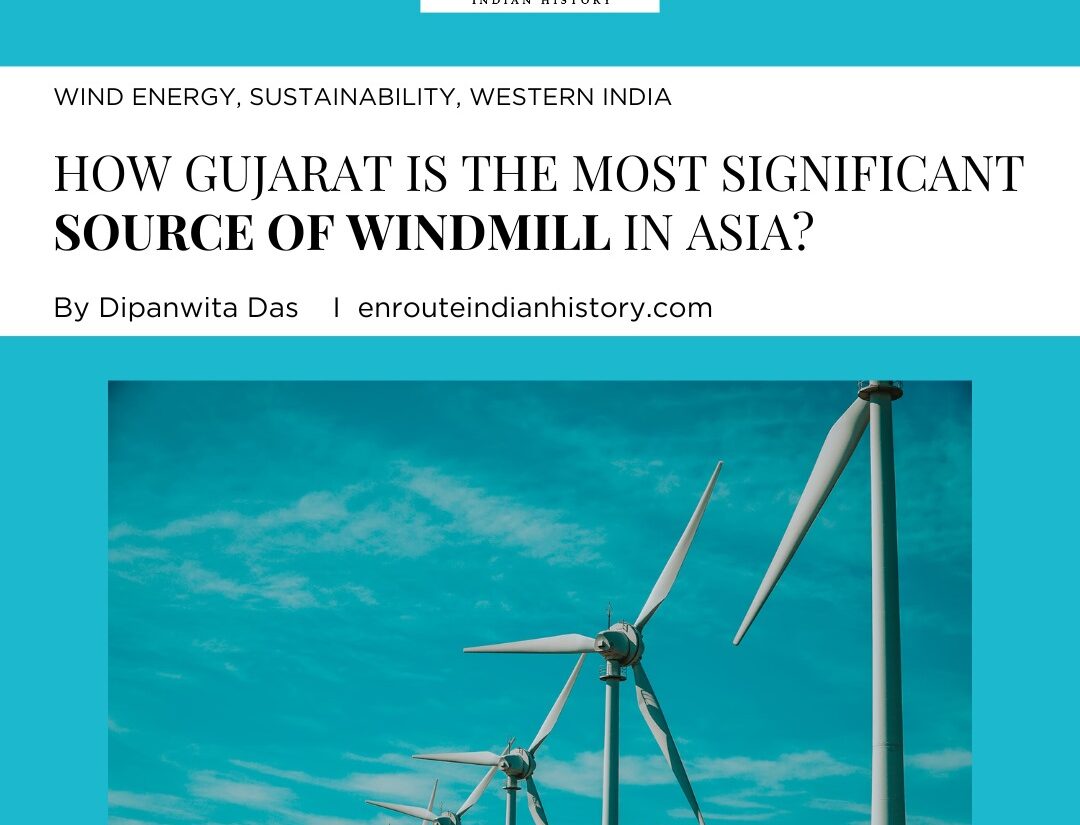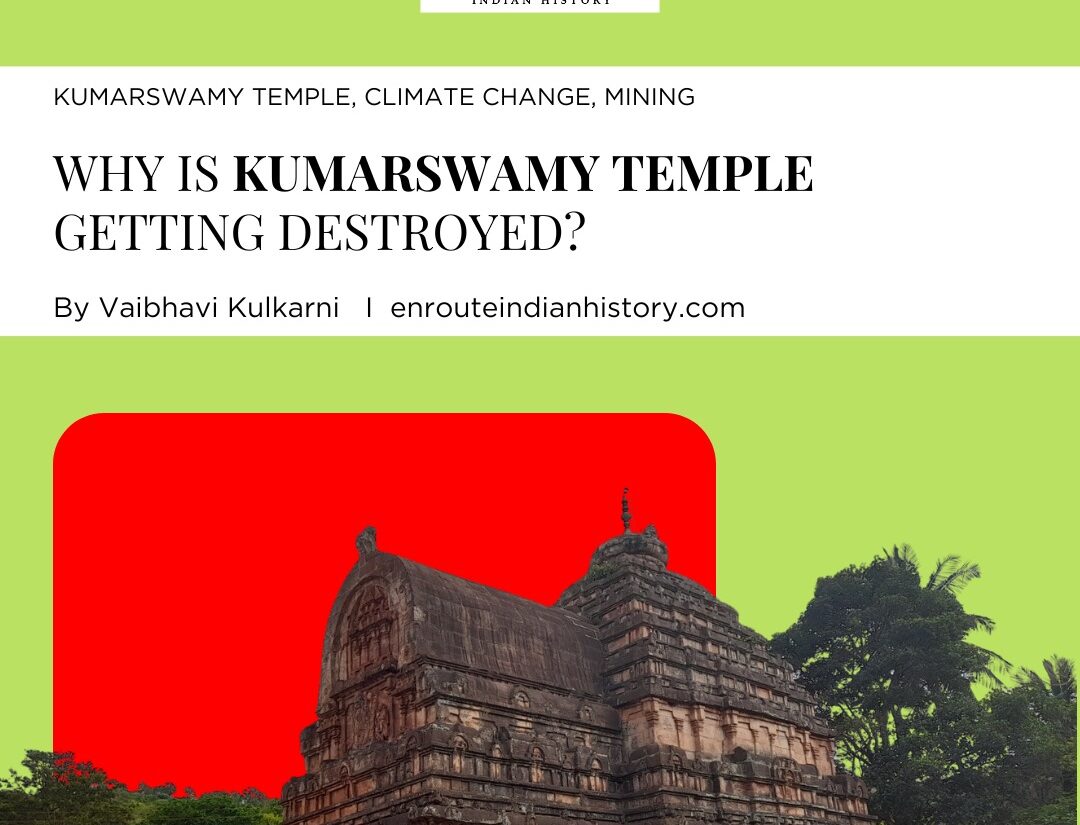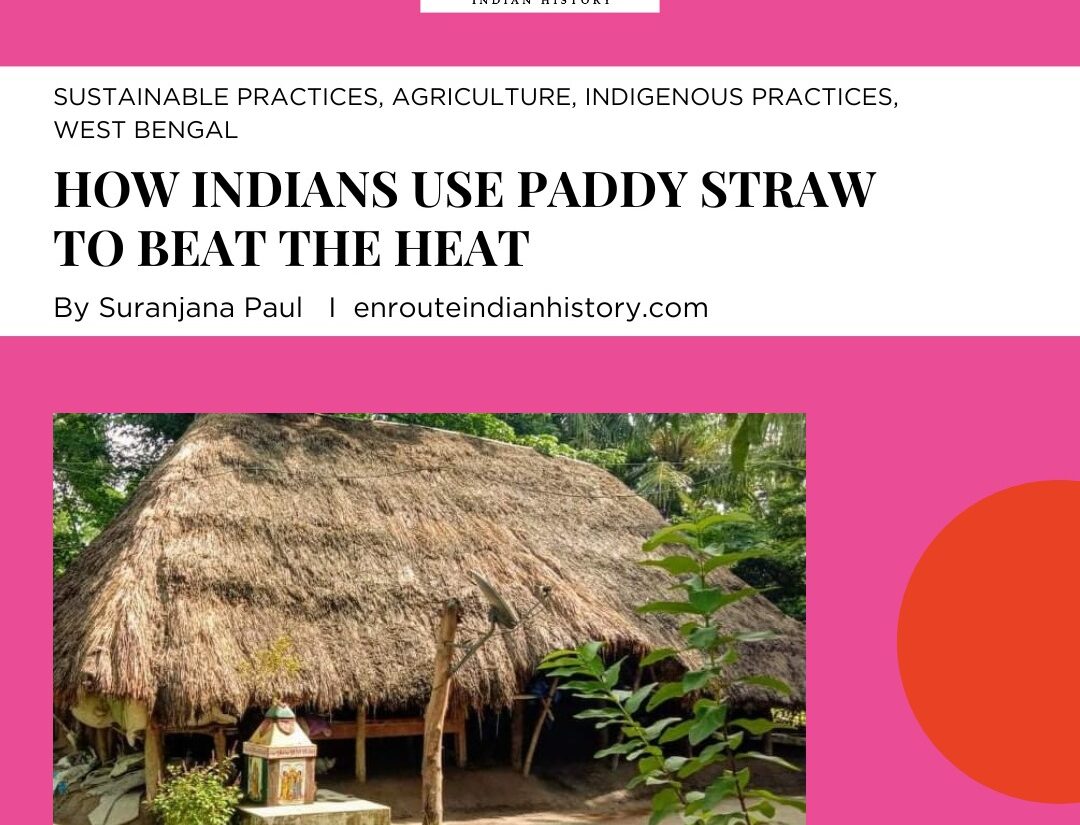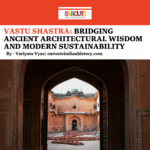Indian Cinema and Voting: A Brief Study On The Utilisation Of Voting As A Social Instrument
- EIH User
- May 1, 2024
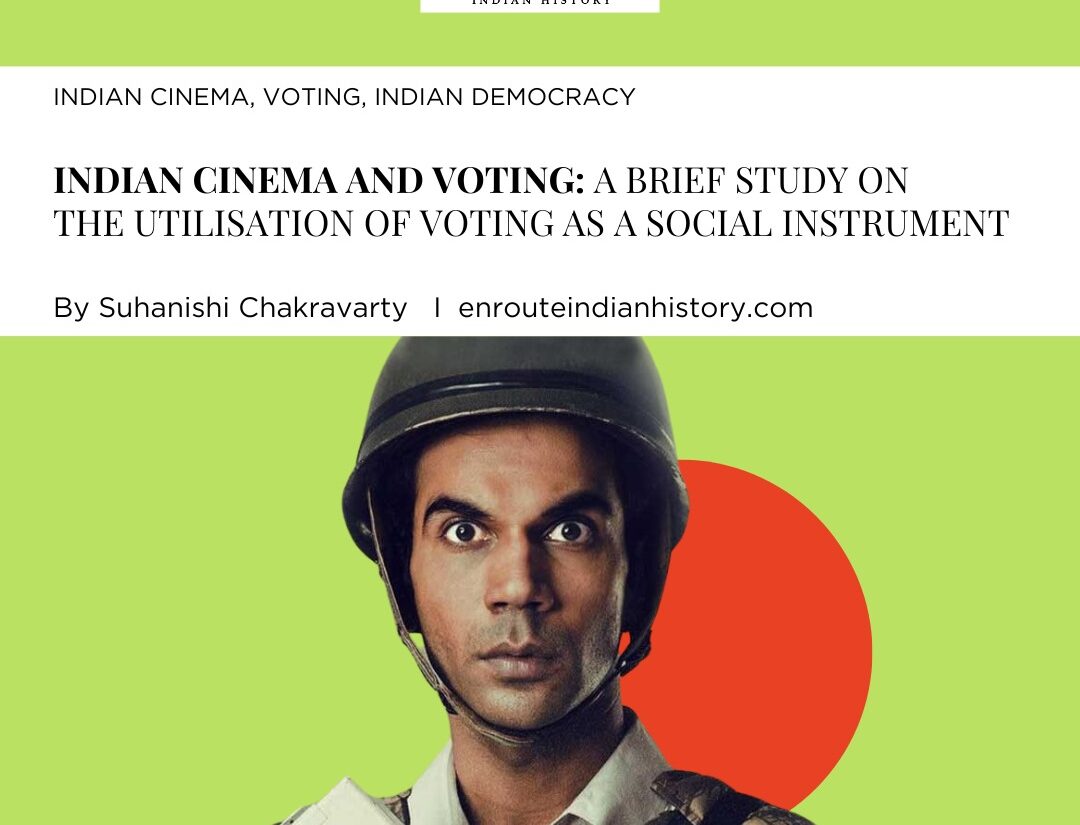
As put by Javed Akhtar cinema few years back cinema is an edited reality and a mirror of society. In other words, whatever is happening in society can be found in contemporary movies but with individual interpretations of the filmmaker. The filmmaker is the artist and with the artist’s potential, he/she comes forward with new ideas that are very real yet weaved in a certain way that helps us, normal people to witness something that was not so visible before (Ahmed, 2008). In the season of voting, we bow before these great men and women and remind ourselves of the illustrious history that Indian politics has gone through. India has gone through various struggles and issues with voting that often have a very crucial impact on society. We will try to inspect how a public and inevitable event of voting has shaken the people involved with it and subsequently, the society that has formed as an effect of this. For the discussion, we have selected two types of movies relating to voting. The first concerns direct biography of the politicians as they rise through power and the second type is stories of the normal people and their struggles concerning voting and its impact.

(Source: Netflix, scene from Article 370)
Public figures and their private problems
In movies like Rajneeti and Thalaivi, we see leaders rising to power with several sacrifices. Whether documenting an actual historical leader from the past or creating a close to reality stories the film maker’s never fail to highlight the struggles and sacrifices that are required to be made for succeeding in their goal. In this case, the goal is handling the elections, making the crowd bind to a certain propaganda, that will raise the voting count. ‘Rajneeti’ has not been praised when compared to other works of Prakash Jha but the story does not fail to capture the absolute destruction of a family to go through to secure that one seat in the parliament. Times of India has indicated the story being an intertwining of Mahabharata and ‘The Godfather’. We cannot agree more.
Like ‘The Godfather’ the big brother Prithwi (Bhim) and their father (Pandu) try to play the game with less violence first, in an attempt to safeguard Samar (Arjun). However, later as the war intensifies Samar has to come out of his good boy attire and commit some serious murders. Towards the end of the cinema, we find all the guilt and trouble as a form of self-proclaimed exile. Indu Pratap who is undoubtedly our Dhraupadi is first ditched by her love, then forcefully married to another brother then even loses him at blast. Finally, on top of all these deaths she is the one who rises to power.

(Source: prokerela, Poster of Raajneeti)
On the other hand, we find Jaylalitha gaining the aptitude and adamance to rise as CM of Tamil Nadu when she loses her love of life MJR in Thalaivi. We see the little sixteen-year-old growing her emotions and learning to empower fear with films first then as her mentor MJR influenced her in politics as well. However, in the process, she loses her mother and later her love of life as well. Soon, people will be voting for her. We find this little girl to grow into a full-grown mother figure who accepts the entire society as her family. Are personal losses making room for that much acceptance?
The greed of power and the helplessness without it
Voting is an instrumental requirement for any country to run (Rathaur, 2018). This ensures that every other person in the country irrespective of caste, class, colour and any other kind of societal position has the right to speak their minds and choose their leader. In political films where voting is directly shown as the two mentioned above along with movies like Article 370, and Maqbool where the internals of a leader are portrayed, a recurring theme of greed is quite persistent. Article 370 portrays a society that is filled with accelerated violence. The action of voting and instilling a leader is way more complicated when it is in Kashmir.
After all, it is not easy to surpass the power that being a decision-maker of thousands of people. In Maqbool, which is a retelling of Shakespeare’s Macbeth we find Miya Maqbool paired up with Nimmi (lady Macbeth) killing their caretaker for having the entire power in hand.
In another Vishal Bharadwaj cinema ‘Omkara’ we find a similar situation with rising mistrust among lovebirds. Inspired by another Shakespeare classic Othello, the movie showcases the political violence and ruthless real election violence. In the entire cinema, we find one of the finest political partners growing intolerant and killing each other. Our eyes get teary when we see Desdemona (Dolly Mishra) paying the price of this violence with her death. Before this, she even folds her hands and cries for mercy. But, alas! Is there any?
The public and society watch them in silence
The public whether within the cinema or outside the film silently watches all of these happen. Voting is a practice and requirement of every citizen. This ensures that the correct leaders are chosen and the country runs easily, by honest people. However, we have these cinemas and more of them with us which tell stories like this. Now, the question is does that impact the public and their choice of making any decisions? Perhaps not, as information management and individual sacrifices are made in silence. However, some intriguing incidents that have managed to capture the attention of the public are perhaps not that easily forgotten.
Perhaps some leaked-out incidents and subsequent foul smells might have an impact on the decision-making process of the public. According to Brody and Sniderman (2009), there are more than just habitual common problems in a society that might decide the voting behaviour of a certain mass. The relationship largely is influenced by the amount and type of favour a certain group has received from one single leader. As we find MJR telling Jaya numerous times, ‘If you love people, people will love you back’.

(Source: Netflix, scene from Thalaiva)
Voting and cultural memories
History when lived is a powerful identity of any community. Many people have equated the sense of amputation with forced migration (Field, 2012). Bengali movies by directors like Tapan Sinha, Ritwik Ghatak, Mrinal Sen, Satyajit Ray and Buddhadeb Dasgupta have shuffled the ideas of values and obedience. The memory of partition and the subsequent participation of the leftist party in society has had a severe impact on the voting scenarios. Cinemas like ‘ekdin Pratidin’, ‘Calcutta 71’, ‘Padatik’ all have that common leftist propaganda. People voting for only the leftist group for 34 years straight is a common story that everyone is aware of. People resonated with this type of cinema that talks about their common problems after that devastation called partition. These cinemas talked about unemployment, famine, families falling apart and all the common problems of the immigrants.
In Ray’s take on the Nakshal movement ‘Hirak Rajar deshe’ we find a group of underage boys taking down a whole government as their education and food were denied. This is an example of the cinema getting influenced by the social movement.

(Source: Youtube, scene from ‘Hirak Rajar Deshe)
Does cinema influence voting or does voting influence cinema?
Voting is a collective choice. It is very difficult to identify which factor will eventually highlight that spree among the masses to choose one leader instead of others. Sometimes historical voting events are adapted as stories to plot cinemas on them. On other occasions, political comments which might be adhering to a certain political philosophy will be reflected in the cinema. However, it does not matter in which direction the water is flowing the existence of the core relationship between the two is inevitable. In Thalaiva we have the direct example of film stars getting involved in politics. Love of the public is the core for both. Historically, different people have tried to either benefit personally or benefit others through this connection. Nevertheless, cinema and voting have been struggling to occupy space since ancient times. How can one forget that tension between a cinema poster and a propaganda poster on the same line? Especially if voting is nearby?

(Source: Netflix, scene from Thalaiva)
Bibliography
Ahmed, A. S. (2008) Bombay Films: The Cinema as Metaphor for Indian Society and Politics: Modern Asian Studies, Cambridge Core. Cambridge University Press. Available at: https://www.cambridge.org/core/journals/modern-asian-studies/article/abs/bombay-films-the-cinema-as-metaphor-for-indian-society-and-politics/ADD1AA39549FF2CFEA8989A9301B9F2F (Accessed: 29 April 2024).
Brody, R. A. and Sniderman, P. M. (2009) From Life Space to Polling Place: The Relevance of Personal Concerns for Voting Behavior: British Journal of Political Science, Cambridge Core. Cambridge University Press. Available at: https://www.cambridge.org/core/journals/british-journal-of-political-science/article/abs/from-life-space-to-polling-place-the-relevance-of-personal-concerns-for-voting-behavior/6449AF7654C4E29123F039A5D09DCEB9 (Accessed: 29 April 2024).
Field, S (2012) Oral History, Community, and Displacement Google Books. Google. Available at: https://www.google.co.in/books/edition/Oral_History_Community_and_Displacement/0Q3HAAAAQBAJ?hl=en&gbpv=0 (Accessed: 29 April 2024).
Rathaur, M (2018) ELECTIONS AND VOTING BEHAVIOUR: CHANGING DIMENSIONS IN INDIA
Available at: https://www.ocerints.org/socioint18_e-publication/abstracts/papers/111.pdf (Accessed: 29 April 2024).
- May 15, 2024
- 6 Min Read
